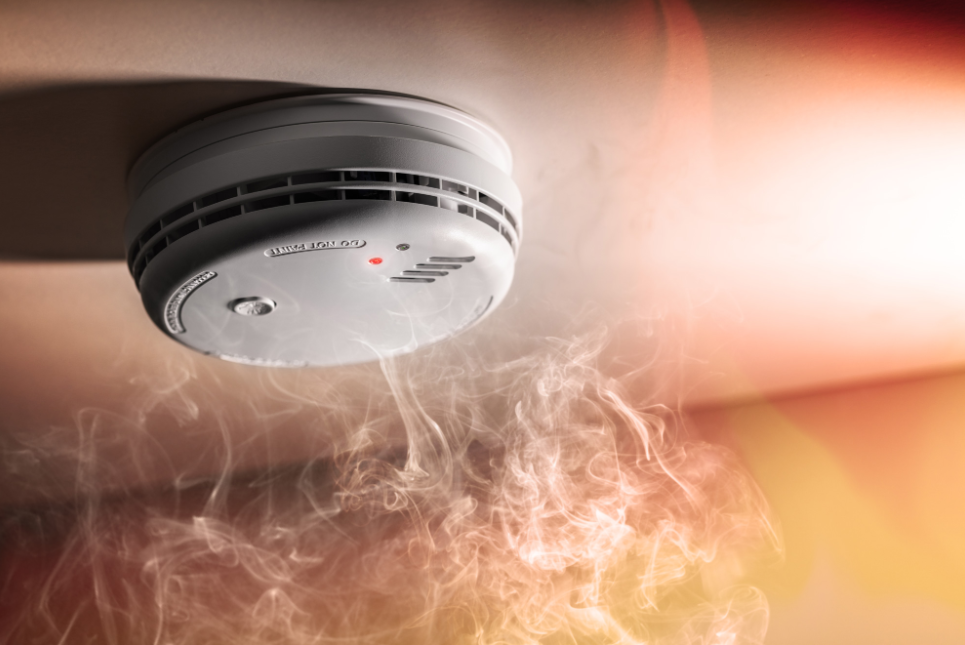Fire detection systems, often referred to as fire alarms, are crucial components in both residential and commercial settings. They serve as our first line of defence against the unpredictability and destructive nature of fire. The importance of these systems cannot be overstated, as they provide the critical moments necessary for evacuation and emergency response.
An Early Warning System
In a residential context, this could mean the difference between a family escaping unharmed or becoming trapped inside a burning house. In a business setting, it could prevent substantial financial loss and potential injury to employees or customers.
The role of smoke detectors, a common component of these systems, is to sense the presence of smoke, which typically precedes fire. Once the smoke is detected, an alarm is triggered, alerting occupants to the potential danger and providing them with the time needed to evacuate safely.
Protecting Lives and Assets
In homes, QLD fire alarms protect not only the lives of the inhabitants but also irreplaceable personal possessions. For businesses, these systems can help prevent potentially catastrophic financial losses.
In the event of a fire, the damage to physical assets such as buildings, equipment, and inventory can be immense. Even more devastating is the potential loss of important data or records. However, with an effective fire detection system in place, the risk of such losses can be significantly reduced.
Compliance with Safety Regulations
Both residential and commercial properties are often required to have some form of fire detection system installed. This is to ensure the safety of occupants and to mitigate the risk of fire-related incidents.
Moreover, insurance companies often offer reduced premiums to property owners who have installed these systems. Thus, they not only protect lives and assets but can also lead to financial savings in the long run.
Maintenance: A Key Aspect
While having a fire detection system is crucial, it’s equally important to ensure its proper maintenance. Regular testing and inspection are necessary to ensure that the system is functioning correctly. Neglecting this aspect can result in a false sense of security, as a malfunctioning system may fail to alert occupants in time.
Conclusion:
In summary, fire alarms, whether in homes or businesses, are an essential part of safety measures. They provide early warnings, protect lives and assets, and help comply with safety regulations. Their importance should never be underestimated, and their maintenance should never be overlooked.

